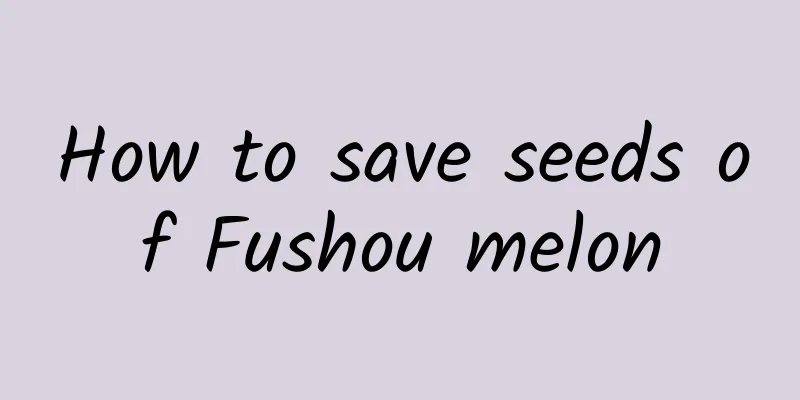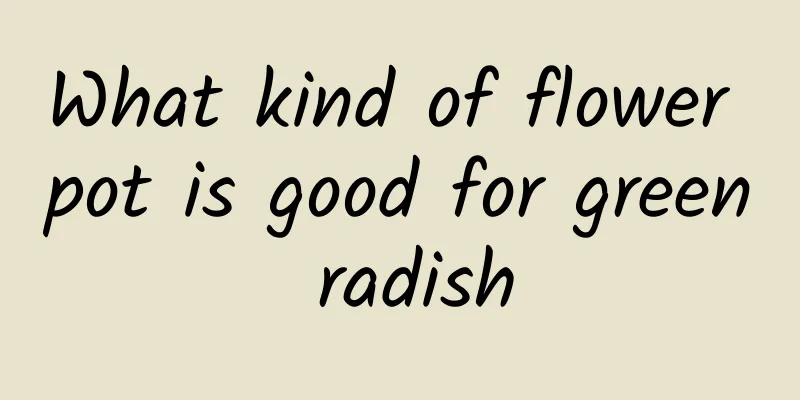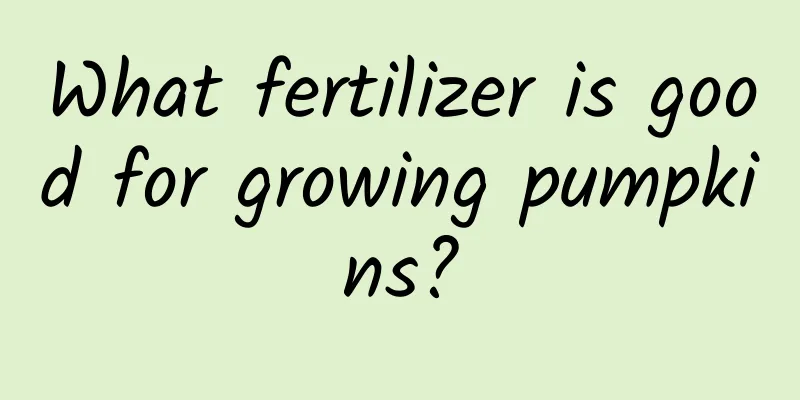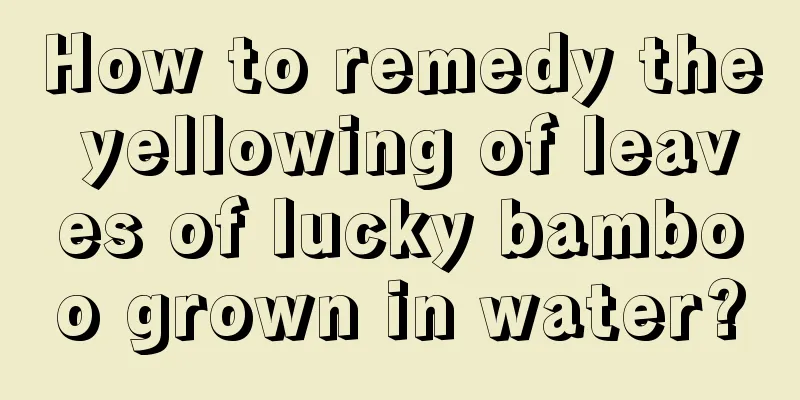Balcony vegetable planting container selection
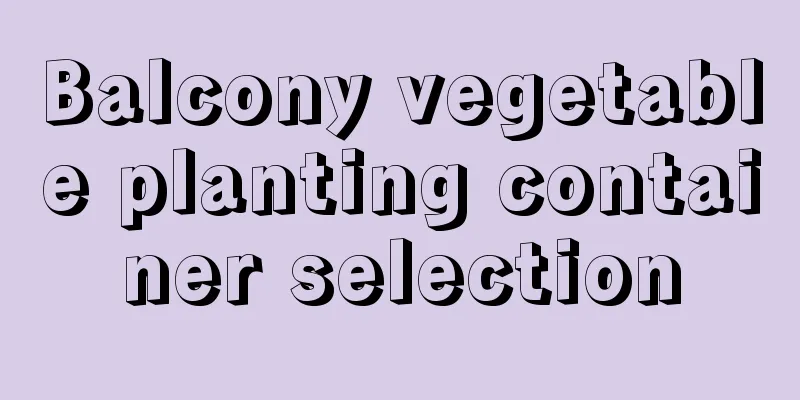
|
There are many containers to choose from for growing vegetables on the balcony. As long as the space is large enough and any container has good drainage, it can be used. Traditional flower pots and sinks, and many daily necessities can be modified and used, such as wooden boxes, buckets, iron boxes, plastic boxes, tires, bathtubs, jars, barbecue trays, anything you can think of can be used to grow vegetables on the balcony. Just keep a few things in mind when choosing: Drainage holesWhatever container you choose, make sure it has good drainage. If the drainage is poor, the roots of the plants are prone to suffocation and rot, while if the drainage is too fast, the plants will lack water and die. The flower pots bought from the market will have drainage holes at the bottom, but the modified containers need to have their own holes. The diameter of the unobstructed vent hole is 0.5~1cm. MaterialThe choice of material is related to the quality of drainage. Pay attention to a few points Unobstructed ceramic and wooden containers drain quickly and require frequent watering. Try not to place plastic containers near windows as they may be blown over by the wind. Do not choose wooden containers that have been treated with high pressure. Chemical preservatives are added to high-pressure treated containers. Although they can prevent corrosion and pests such as termites, they contain harmful substances and are not conducive to plant growth. The best wooden containers are pine and fir. colorBlack is not a color that can be used in containers as it likes heat and can damage the plant's root system. If you only have a black container, paint the surface with a lighter color and keep it out of direct sunlight. sizeThe size of the container is important! It is better to have a larger container rather than a smaller one. A large container not only provides ample space for fertilizer, but also has a large water storage capacity so it will not dry up in the summer. Vegetables like tomatoes, peppers, beans, etc. require larger containers, usually 15 to 20 liters are enough! However, I suggest you ask the merchant when buying seeds what size container is needed, as well as the watering and fertilization requirements.
|
<<: Balcony vegetable planting: choosing vegetables according to orientation
>>: How to grow vegetables on the balcony using PVC pipes
Recommend
Clematis pruning type 2
Type I and II pruning There are three ways to pru...
How to plant gardenia seeds and when to grow seedlings
Gardenia seeds suitable for planting time Gardeni...
What are the functions of pear trees
The ornamental value of pear trees "Suddenly...
How to use foliar fertilizer for Clivia
What foliar fertilizer can be used for Clivia Whe...
How to grow green radish so that it grows luxuriantly?
Pothos is popular because it is easy to care for,...
How to grow blueberries overwintering in the north? Can blueberries be grown outdoors in the north in winter?
Protecting Northern Blueberries from the Cold Blu...
What month is suitable for planting Polygonatum sibiricum?
When is Polygonatum sibiricum planted? Polygonatu...
What is the best fertilizer for loquat trees?
Loquat tree fertilization time Young loquat trees...
A complete list of Feng Shui taboos for growing flowers indoors! Don't watch it, you'll suffer a great loss
1. Feng Shui taboos for growing flowers in the be...
How to transplant and repot Clivia?
Clivia is a common indoor ornamental plant with b...
How to water a potted Australian fir
Watering amount during planting The frequency of ...
Identify vegetables by looking at flowers. If you can recognize 5 types, you are awesome!
The game begins. See how many you know. First, lo...
What is cabbage?
What is cabbage? Cabbage is a plant of the genus ...
What are the hardy succulents?
1. Chiva Lotus This kind of succulent is also rel...
What does Nanzhi mean?
1. The meaning of gardenia 1. Purity: It describe...





